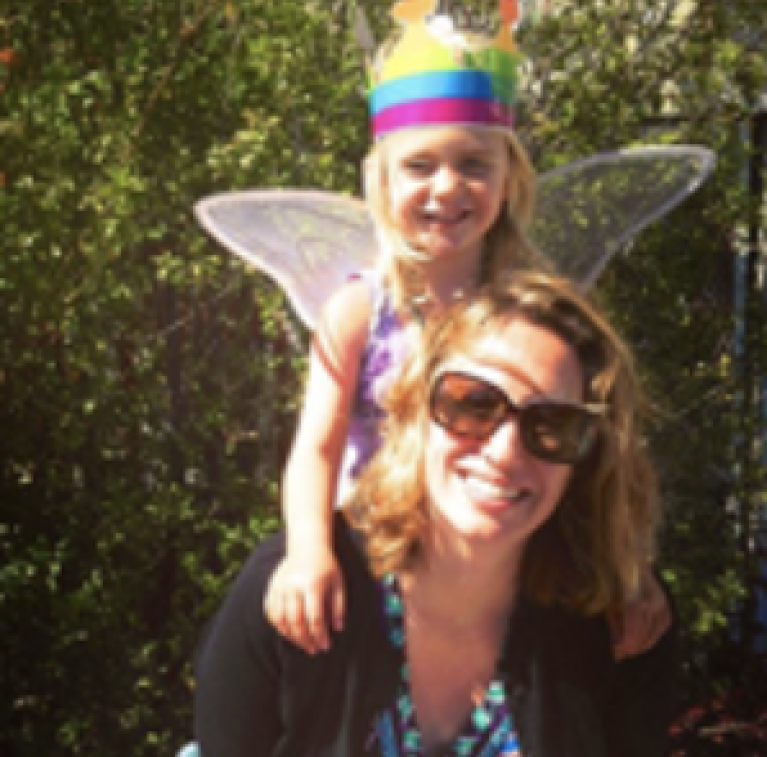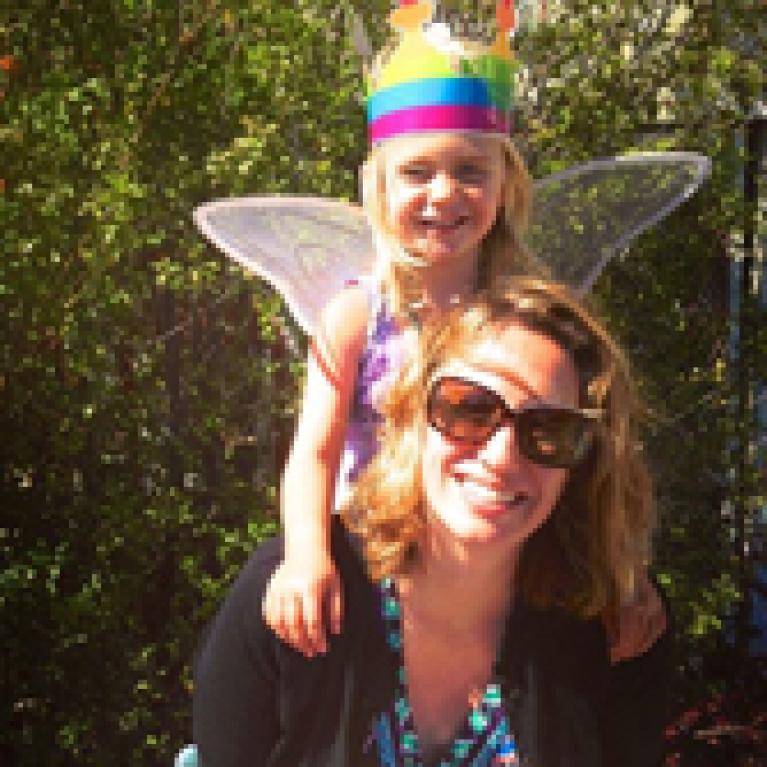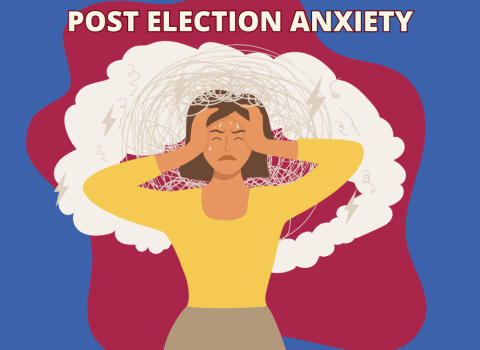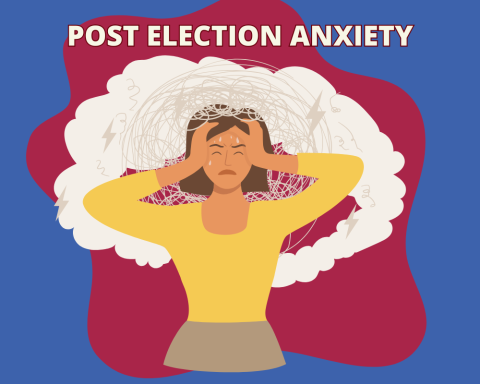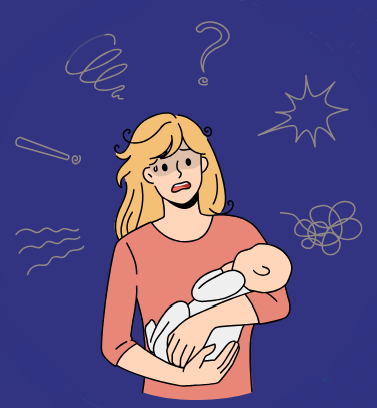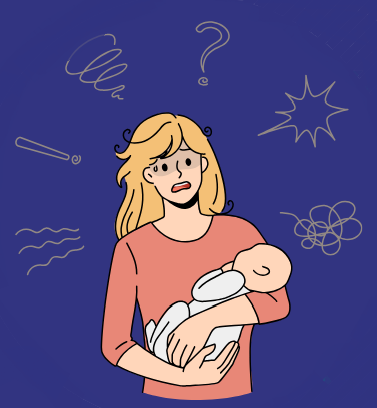
Read Personal Stories
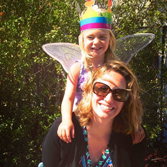 Generalized anxiety disorder can be hard to recognize because you may not think of yourself as worried or anxious. But if you are having physical pain, or waking up in the night, or sensitive to sounds, or overthinking things, you may have GAD. That's what happened to me.
Generalized anxiety disorder can be hard to recognize because you may not think of yourself as worried or anxious. But if you are having physical pain, or waking up in the night, or sensitive to sounds, or overthinking things, you may have GAD. That's what happened to me.
 For most of my life I’ve struggled with social anxiety disorder, along with generalized anxiety disorder, OCD, and depression. During the worst of it, I was on strong medication and medical disability benefits due to my fear of job interviews. I would feel uncomfortable or awkward in public 90 percent of the time.
For most of my life I’ve struggled with social anxiety disorder, along with generalized anxiety disorder, OCD, and depression. During the worst of it, I was on strong medication and medical disability benefits due to my fear of job interviews. I would feel uncomfortable or awkward in public 90 percent of the time.
 I wish my breakthrough moment wasn’t when I thought "I'd pay good money if I could feel better." I am cheap, so the path became clearer once cost was no longer a concern. After I decided to get help for my depression, one challenge was telling a receptionist why I wanted therapy. I had never told anyone I felt depressed.
I wish my breakthrough moment wasn’t when I thought "I'd pay good money if I could feel better." I am cheap, so the path became clearer once cost was no longer a concern. After I decided to get help for my depression, one challenge was telling a receptionist why I wanted therapy. I had never told anyone I felt depressed.
 Depression can affect anyone — men, women, and children — at any point in their lives. And its debilitating effects show up in many different ways. Doug Duncan tells us how depression changed his life.
Depression can affect anyone — men, women, and children — at any point in their lives. And its debilitating effects show up in many different ways. Doug Duncan tells us how depression changed his life.
What can we do to prosper when facing pain and suffering in our lives?
 Ever wonder what depression feels like? Here’s a hint: Take a pillowcase full of rocks and strap it to the top of your head. Now put on a dark pair of sunglasses — indoors. Leave those things on for about a week. Until you begin to see the world through a dark film that never gets lighter, and it takes a very conscious effort to hold your head up. That is what depression feels like on a good day.
Ever wonder what depression feels like? Here’s a hint: Take a pillowcase full of rocks and strap it to the top of your head. Now put on a dark pair of sunglasses — indoors. Leave those things on for about a week. Until you begin to see the world through a dark film that never gets lighter, and it takes a very conscious effort to hold your head up. That is what depression feels like on a good day.
Share Your Story and Your Voice.
Help #breakthestigma Around Mental Health.
Read Stories From People Just Like You.
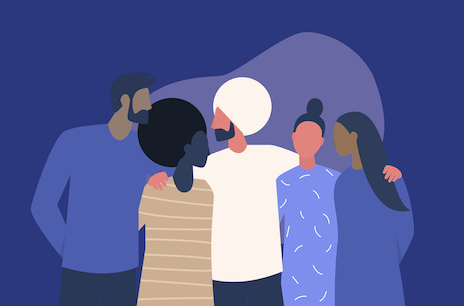
We invite you to explore personal stories submitted from ADAA's community to learn how people living with an anxiety disorder, OCD, PTSD, bipolar disorder, depression or a co-occurring disorder have struggled, coped, and triumphed.
Do you have a story about your mental health journey? Your voice and your story can help transform the lives of many, help decrease stigma, and make one feel less alone.
We welcome written stories and short 2-3 minute videos, or a 1-2 minute recording, that we will share on the ADAA website, through our Triumph e-newsletter, and across our social media platforms.
In a story of 500 -750 words (or a 2-3 minute video), please describe your mental health journey and how it has affected your life. Please provide a brief title and focus on the therapy or other treatments that have helped you manage or overcome your illness. Please include how ADAA's website or resources have helped you. In order to publish you story on our website and to share it on our social media platforms, we require that you use your real name and include a photo.
Please note that we do not accept advertorials (these stories should not include any call-outs for personal websites or publications or sell any products). We reserve the right to reject any story that we do not feel is appropriate to share.
